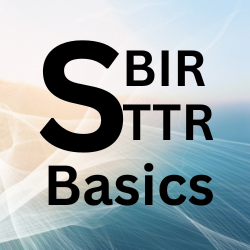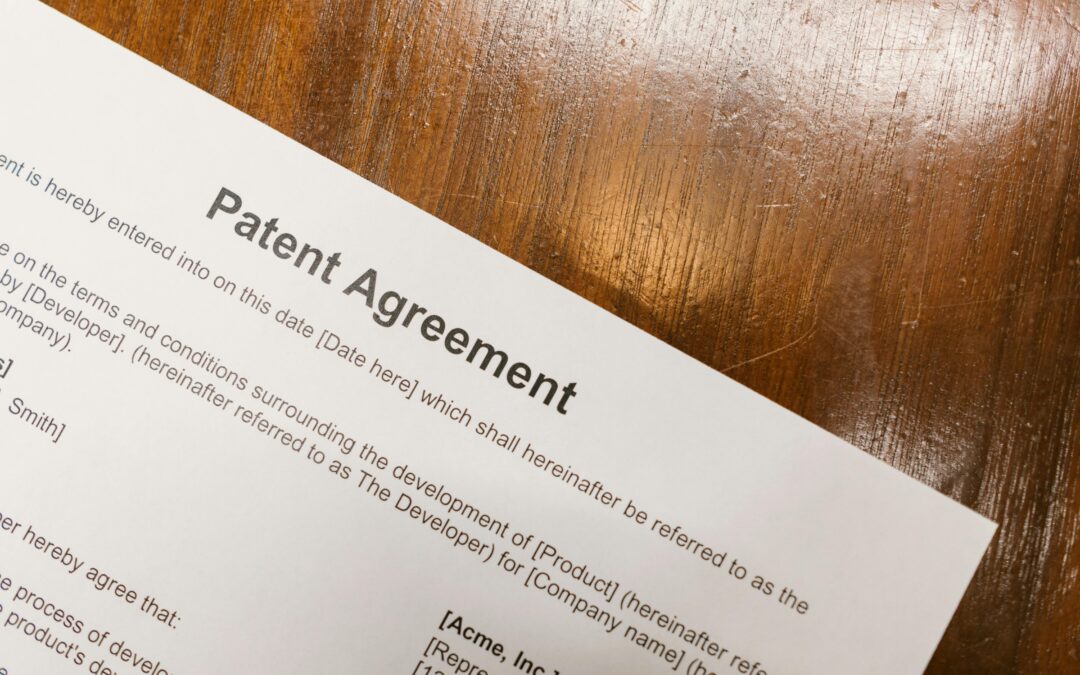Licensing University IP through a formal licensing agreement is critical when using intellectual property (IP) you developed as a university employee, particularly if your small business has government funding. Despite assurances from the university and an attorney to “deal with it later,” ignoring this issue leads to significant legal, financial, and operational risks. Below are the key reasons why securing a licensing agreement upfront is essential, emphasizing the complications introduced by government funding.
University Ownership of IP
- Why It Matters: Universities typically own IP developed by their employees, including faculty, staff, or students, under employment agreements or institutional policies. The university usually owns any IP created using university resources (e.g., labs, equipment, funding) or during your employment.
- Risk of Ignoring: Without a licensing agreement, you have no legal right to use the IP in your small business. The university could later demand royalties, impose restrictions, or prohibit use entirely, disrupting your business operations or leading to costly litigation.
- Government Funding Complication: Government-funded university research (e.g., NIH, NSF) is subject to the Bayh-Dole Act (35 U.S.C. § 200-212). This law typically allows universities to retain ownership of federally funded IP they develop. However, SBIR and STTR-funded research must also follow the IP program rules for subawards. Universities must manage IP responsibly, regardless of the funding source, including timely licensing to commercial entities. Delaying a licensing agreement could complicate compliance with Bayh-Dole obligations, potentially triggering government intervention or loss of IP rights.
Clarify Rights and Obligations
- Why It Matters: A licensing agreement explicitly defines your rights to use the IP (e.g., exclusive or non-exclusive, scope, duration, field of use) and your obligations (e.g., royalties, milestones, reporting). This clarity prevents disputes and ensures your business can operate legally.
- Risk of Ignoring: Without a formal agreement, you may assume broader rights than you have, leading to unintentional infringement. Universities may later impose unfavorable terms or claim a larger share of your business’s profits, especially if your business succeeds.
- Government Funding Complication: Federal funding often imposes additional requirements, such as ensuring that IP commercialization benefits the public (e.g., through reasonable pricing or accessibility). A licensing agreement must align with these obligations, and delaying it risks non-compliance, which could lead to government audits, penalties, or “march-in rights” (where the government reassigns the IP to another entity).
Protect Your Business’s Value and Investor Confidence
- Why It Matters: Investors, partners, and acquirers require clear evidence of your legal right to use the IP, as it’s often a core asset of your small business. A licensing agreement demonstrates that your company has secure access to the IP, increasing its valuation and attractiveness.
- Risk of Ignoring: Without a licensing agreement, investors may view your business as high-risk due to potential IP disputes. The lack of IP protection could scare off funding or lead to lower valuations. The lack of IP licenses can jeopardize your business’s financial stability if the university later asserts ownership or demands steep royalties.
- Government Funding Complication: Government-funded businesses face heightened scrutiny from investors, who expect compliance with federal regulations. A missing or delayed licensing agreement raises red flags about IP ownership and regulatory adherence, making securing private investment or grants harder.
Avoid Conflicts with Government Regulations
- Why It Matters: If your small business receives government funding (e.g., SBIR/STTR grants), you must comply with strict IP use and commercialization regulations. A licensing agreement ensures that your use of university-owned IP aligns with these rules.
- Risk of Ignoring: Operating without a licensing agreement could violate grant terms, especially if you used government funds to develop the IP. The lack of legal authority to use IP might result in loss of funding, repayment obligations, or legal action from the funding agency. Additionally, universities must report IP commercialization progress to federal agencies under Bayh-Dole, and delays in licensing could trigger compliance issues.
- Government Funding Complication: Federal agencies like the NIH or DoD closely monitor SBIR/STTR recipients. If your business uses university IP without a formal agreement, you risk breaching grant conditions, which could lead to audits, suspension of funds, or debarment from future grants.
Preventing Future Disputes and Costs
- Why It Matters: A licensing agreement negotiated upfront is typically more favorable and less contentious than one negotiated after your business has gained traction. It locks in terms that protect your business’s interests and avoid ambiguity.
- Risk of Ignoring: Delaying the agreement, as suggested by the university or an attorney, often benefits the university, not you. If your business succeeds, the university may demand higher royalties or equity, knowing you depend on the IP. Resolving disputes later can involve costly litigation, stalling your business’s growth.
- Government Funding Complication: Disputes over IP ownership or licensing can delay commercialization timelines required by government grants, risking non-compliance. Federal agencies may also require evidence of a licensing agreement during grant reporting, and its absence could jeopardize funding.
Why “Don’t Worry About It” Is Dangerous Advice
- Universities’ Incentives: Universities may downplay the need for a licensing agreement to maintain control or avoid early negotiations. However, their technology transfer offices must maximize revenue from IP, and they may later impose terms that prioritize their interests over yours.
- Attorney’s Misalignment: An attorney who dismisses the issue may lack expertise in IP or government funding regulations or prioritize short-term cost savings over long-term risk mitigation. Always consult an attorney experienced in university IP and federal grants.
- Government Oversight: Federal funding agencies have zero tolerance for IP mismanagement. Delaying a licensing agreement risks non-compliance with grant terms and Bayh-Dole, which could lead to severe consequences for your business.
Practical Steps to Take for Licensing University IP
- Engage a Specialized Attorney: Hire an attorney with expertise in university IP, technology transfer, and government funding (e.g., SBIR/STTR, Bayh-Dole). They can review your employment agreement, university policies, and grant terms to ensure compliance.
- Negotiate a Licensing Agreement Early: Before using the IP in your business, work with the university’s technology transfer office to secure a licensing agreement. To protect your interests, specify terms like exclusivity, royalty rates, and field of use.
- Document IP Development: Every business must maintain records showing when and how it developed its IP, including funding sources and resources used. Adequate documentation clarifies ownership and supports licensing negotiations.
- Disclose to Funding Agencies: If your business receives government funding, disclose any university-owned IP in grant applications and ensure licensing agreements align with federal requirements.
- Educate Yourself on Bayh-Dole: Understand your and the university’s obligations under the Bayh-Dole Act, especially if the IP was federally funded. Key areas include timelines for commercialization and reporting requirements.
Conclusion
Licensing University IP, getting that formal licensing agreement, is non-negotiable when using IP developed by a university employee, especially for a government-funded small business. They establish your legal right to use the IP, ensure compliance with federal regulations, and protect your business from disputes, financial risks, and loss of funding. Dismissing the need for a licensing agreement as something to “deal with later” is reckless, as it exposes you to university claims, investor skepticism, and government penalties. Act proactively by securing a licensing agreement upfront with the help of a qualified attorney to safeguard your business’s success.

